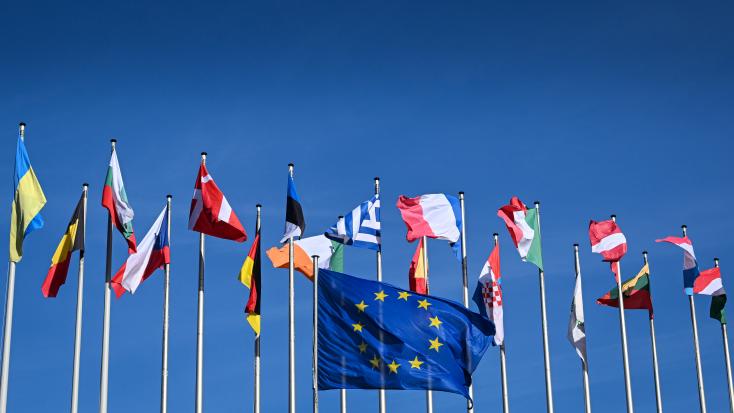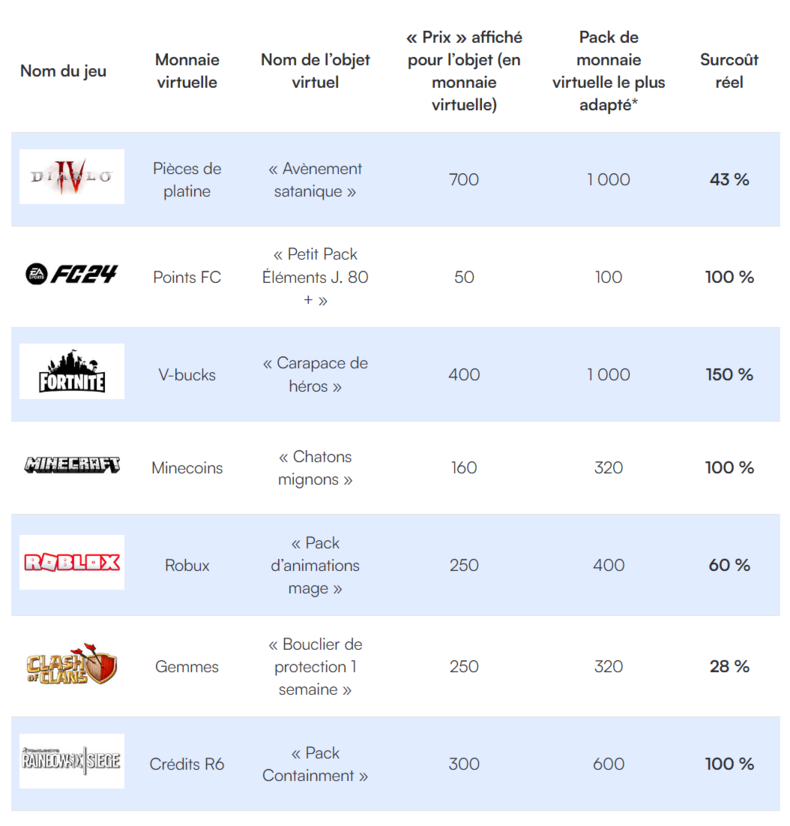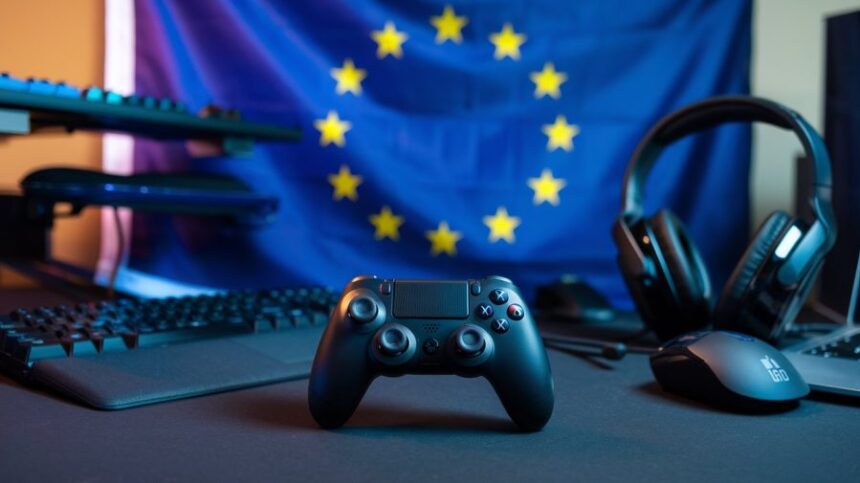Consumer Groups Demand Transparency in Virtual Gaming Currency Practices
As video games continue to dominate leisure time for millions of French people, two leading consumer groups, UFC-Que Choisir and CLCV, have raised concerns about the widespread use of virtual currencies within these games. These intermediary payment systems, specifically designed for certain games, allow players to enhance their gaming experience by purchasing additional features. However, these virtual currencies obscure the true cost of in-game purchases, prompting the organizations to take action. Together with 20 other European consumer groups, UFC-Que Choisir and CLCV have filed complaints against seven major game publishers, urging European and national authorities to enforce transparency in video game transactions.

Virtual Currencies: A Growing Trend in Video Games
In France, 70% of the population, ranging from young players to seniors, regularly engage in video gaming. A growing number of games offer virtual goods such as weapons, costumes, and tools, or additional features to improve gameplay. These items, however, are not typically sold directly in euros. Instead, players must first convert their money into Gaming Currencies, such as points, coins, or diamonds. The trend is pervasive, with virtual currencies present in 42% of the most popular PC games and 81% of top mobile games. In fact, 3.6 million French players have already exchanged real money for virtual currency, highlighting the scale of this issue.
Hidden Costs: How Virtual Currencies Mask Real Prices
Virtual Gaming Currencies make it difficult for players to discern the actual cost of their purchases. Without clear euro pricing for in-game items, consumers often lose sight of the real money they are spending. This confusion is exacerbated by the fact that game publishers typically sell these virtual currencies in packs, with variable exchange rates based on the amount purchased. For instance, in the mobile game Clash of Clans, players can buy 80 gems for €1.19, but the price for 10 gems fluctuates between €0.09 and €0.15. Such discrepancies prevent consumers from accurately calculating the real cost of their purchases, violating their right to transparent pricing.

The Incentive to Spend More: Virtual Currencies and Consumer Behavior
Another issue arises from the way virtual currency packs are structured. These packs often don’t align with the prices of the virtual goods, forcing players to purchase more currency than necessary. This practice distorts consumer choice and can lead to spending that far exceeds the displayed value of the virtual items. In some cases, the actual cost of these items can be more than double the listed price. This system creates a loop where consumers are encouraged to keep spending, as they often need to top up their virtual wallets to make additional purchases.
- Advertisement -

A Call for Consumer Protection in Video Gaming
UFC-Que Choisir’s President, Marie-Amandine Stévenin, stresses that “players shouldn’t have to guess how much they’re spending in a game. Virtual Gaming Currenciesobscure the real cost of in-game purchases and trap consumers in a system designed to make them spend more.” Jean-Yves Mano, President of CLCV, echoes this sentiment, emphasizing the need for regulatory action. He argues that younger players, who often lack financial awareness, are particularly vulnerable to these tactics, making it imperative for authorities to intervene.
European Consumer Associations Take Legal Action
In response to these concerns, UFC-Que Choisir, CLCV, and other European consumer associations have filed complaints with the European Commission and the network of consumer protection authorities. They are calling for immediate action against seven game publishers, including Activision Blizzard, Electronic Arts, and Ubisoft, who have refused to display euro pricing for virtual items in their games. These consumer groups are also advocating for broader legislative measures to ban the use of paid virtual Gaming Currencies, which they argue undermine the true nature of gaming.








